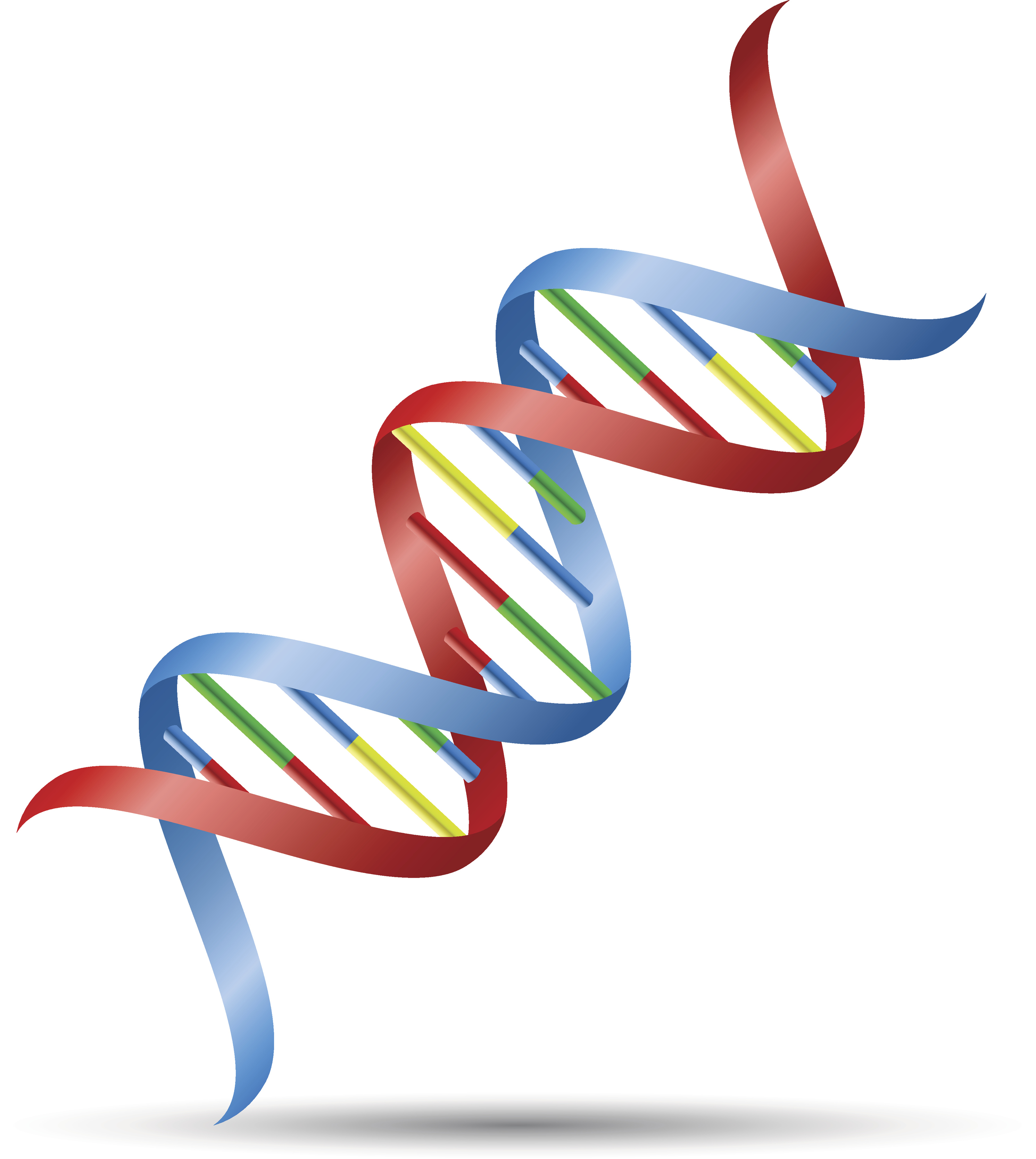Bipartisan Resolution Urges Creation of International Gene-Editing Standards
By Samara Rosenfeld,
Inside Digital Health [cites CGS' Marcy Darnovsky]
| 07. 19. 2019
It’s no secret that gene editing has sparked ethical concerns. In March, scientists and ethicists from seven countries issued a strict global moratorium on heritable genome editing in sperm, eggs and embryos. And this week, Sens. Dianne Feinstein, Marco Rubio and Jack Reed introduced a bipartisan resolution urging for the creation of international ethical standards for gene-editing research.
“There has been global outcry in response to unethical gene-editing experiments, and scientists have warned of the potential long-term consequences that could impact generations,” said Rubio, a Republican from Florida. “As we move forward, it’s vital that the U.S. lead the way in creating ethical standards for gene-editing research.”
The news of the resolution follows reports from last November of Chinese researchers claiming to have used CRISPR gene-editing technology to help a couple give birth to genetically modified twin girls. While this news raised many eyebrows, it did not stop a Russian scientist from saying this past June that he was planning to produce gene-edited babies in HIV-positive women.
The resolution states that the Senate opposes the...
Related Articles
By Jenny Lange, BioNews | 12.01.2025
A UK toddler with a rare genetic condition was the first person to receive a new gene therapy that appears to halt disease progression.
Oliver, now three years old, has Hunter syndrome, an inherited genetic disorder that leads to physical...
By Rachel Hall, The Guardian | 11.20.2025
Couples are needlessly going through IVF because male infertility is under-researched, with the NHS too often failing to diagnose treatable causes, leading experts have said.
Poor understanding among GPs and a lack of specialists and NHS testing means male infertility...
By Pam Belluck and Carl Zimmer, The New York Times | 11.19.2025
Gene-editing therapies offer great hope for treating rare diseases, but they face big hurdles: the tremendous time and resources involved in devising a treatment that might only apply to a small number of patients.
A study published on Wednesday...
By Aisha Down, The Guardian | 11.10.2025
It has been an excellent year for neurotech, if you ignore the people funding it. In August, a tiny brain implant successfully decoded the inner speech of paralysis patients. In October, an eye implant restored sight to patients who had...




